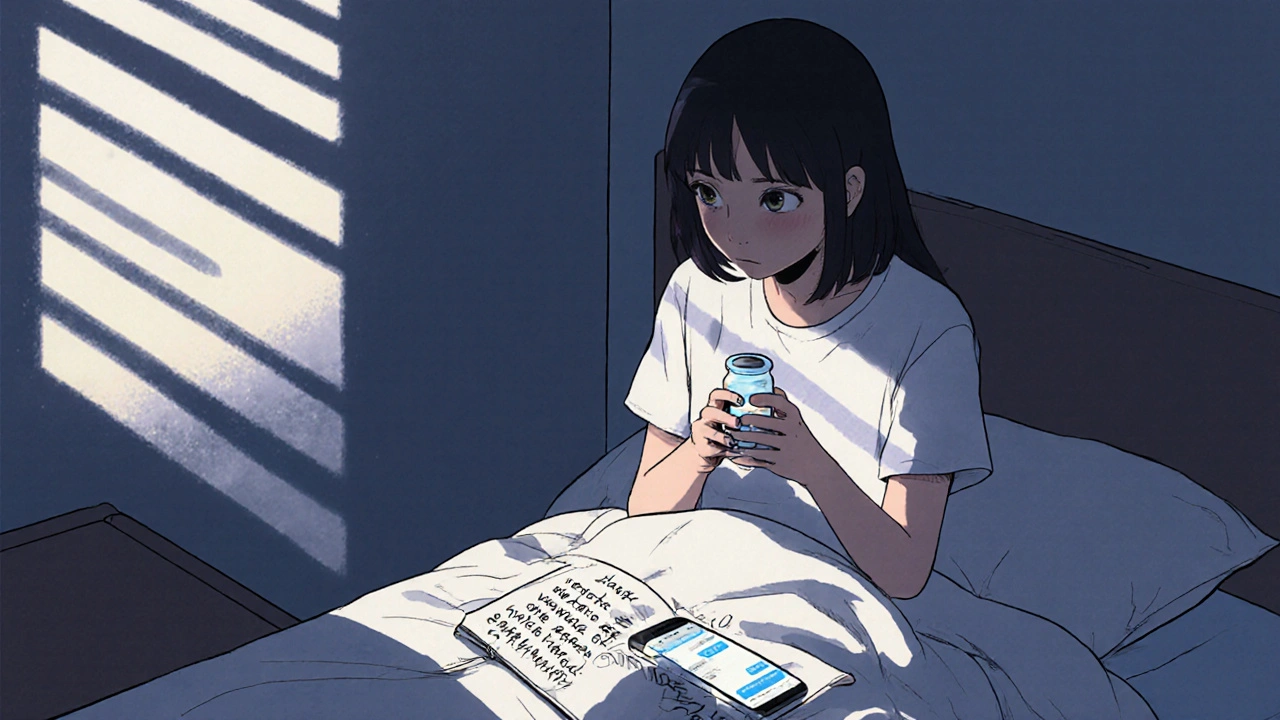When someone is struggling with suicidal ideation, thoughts of ending one’s own life, often linked to deep emotional pain or mental health conditions. Also known as suicidal thoughts, it’s not a choice—it’s a symptom of overwhelming distress. These thoughts don’t always come with dramatic cries for help. Often, they’re quiet, hidden behind smiles, busy schedules, or silence. The key isn’t waiting for a crisis—it’s spotting the early signs before they escalate.
Suicidal ideation often shows up alongside depression, a medical condition marked by persistent sadness, loss of interest, and physical fatigue, but it can also appear with anxiety, trauma, chronic pain, or substance use. People might start withdrawing from friends, giving away prized possessions, or talking about being a burden. They may stop caring about their appearance, skip meals, or sleep too much—or too little. A sudden calm after a long period of turmoil can be a red flag—it doesn’t mean they’re better. It might mean they’ve made a plan.
It’s not about guessing. It’s about noticing patterns. If someone who used to be outgoing now avoids calls, or if they start writing farewell messages—even in jokes—take it seriously. You don’t need to be a therapist to help. Just asking, "Are you thinking about hurting yourself?" can open the door. And if they say yes, you don’t have to fix it alone. Resources exist. Crisis lines, mental health professionals, and support networks are ready to step in.
Some of the posts below dig into how medications like bupropion or vilazodone affect mood, how antidepressants work in real life, and what side effects to watch for. Others cover how chronic illness, pain, or even medication interactions can deepen emotional struggles. This isn’t just about drugs—it’s about people. And when someone is in pain, the right information can mean the difference between isolation and intervention.
What you’ll find here isn’t a list of symptoms to check off. It’s a collection of real stories, medical insights, and practical advice from people who’ve been there—or helped someone who was. If you’re worried about yourself or someone else, you’re not alone. And help is closer than you think.

Learn how to monitor adolescents on psychiatric medications for signs of suicidal ideation, including when risk is highest, what to watch for, and how to respond. Essential guidance for parents and caregivers.
View more